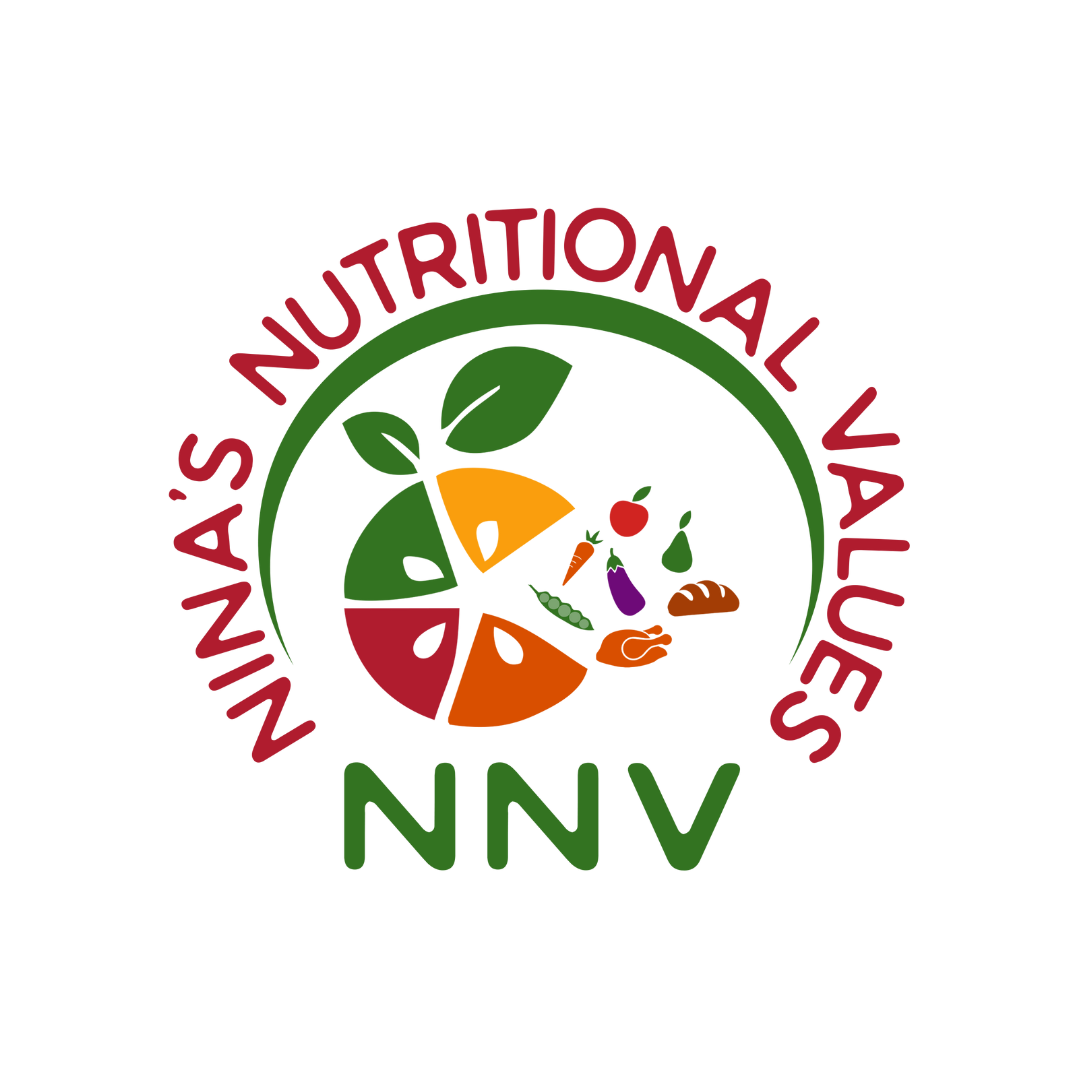Tips to Reduce Salt Cravings and Sodium
We all have that dreaded “sweet tooth,” but what about those salt cravings? Whether you crave salty snacks like potato chips or pretzels, or savory meals like burgers and fries, this article discusses reasons to limit your sodium intake and tips to reduce salt cravings.
Why Should You Limit Your Salt Intake?
Salt is a widely used preservative and flavoring agent used in many processed foods. Unfortunately, consuming too much salt can be detrimental to your health over time.
According to the Cleveland Clinic, eating too much salt can cause damage to the heart, brain, and kidneys. Excessive intake of salty foods can cause blood vessels to tighten and constrict, thereby restricting blood flow and increasing blood pressure. A sodium-rich diet increases the risk of heart disease, including heart attack and stroke.
The American Heart Association recommends consuming no more than 2300 milligrams of sodium per day; however, consuming even less (i.e., no more than 1500 milligrams) is much better.
How You Can Reduce Your Salt Cravings
There are many ways to help reduce your cravings for salty foods, but first it is essential to understand your cravings for salt.
Salty foods are often associated with comfort foods that we crave when we are experiencing strong emotions, such as stress or sadness. Therefore, if you want salt when you are stressed, sad, or bored, dealing with the emotion may reduce the need for salty comfort foods.
Alternatively, according to the Cleveland Clinic, salt cravings could be related to an electrolyte imbalance from improper or no exercise, lack of sleep, dehydration, or certain medical conditions.
You don’t have to avoid savory foods to cut back on salt intake. In fact, savory foods that are low in sodium are great (and healthier) alternatives. For example, if you like salted peanuts, try a low-sodium variety. You can also use salt-free seasoning blends, citrus, vinegar, herbs, and spices.
What if the low-sodium version just doesn’t cut it? Then have the regular version, but in moderation. Whether moderation means eating a food less frequently or a smaller portion, enjoy the foods you crave. Completely eliminating the foods you crave can lead to overeating later. That's why allowing yourself to incorporate your favorite foods into your diet in a balanced and healthy way is essential.
If you struggle with salt cravings and controlling salt intake, speaking with a registered dietitian nutritionist can help you learn more about healthy swaps and tips for reducing these cravings. Working with a dietitian can provide you with individualized feedback and advice about your dietary needs, medical condition, and food preferences.

